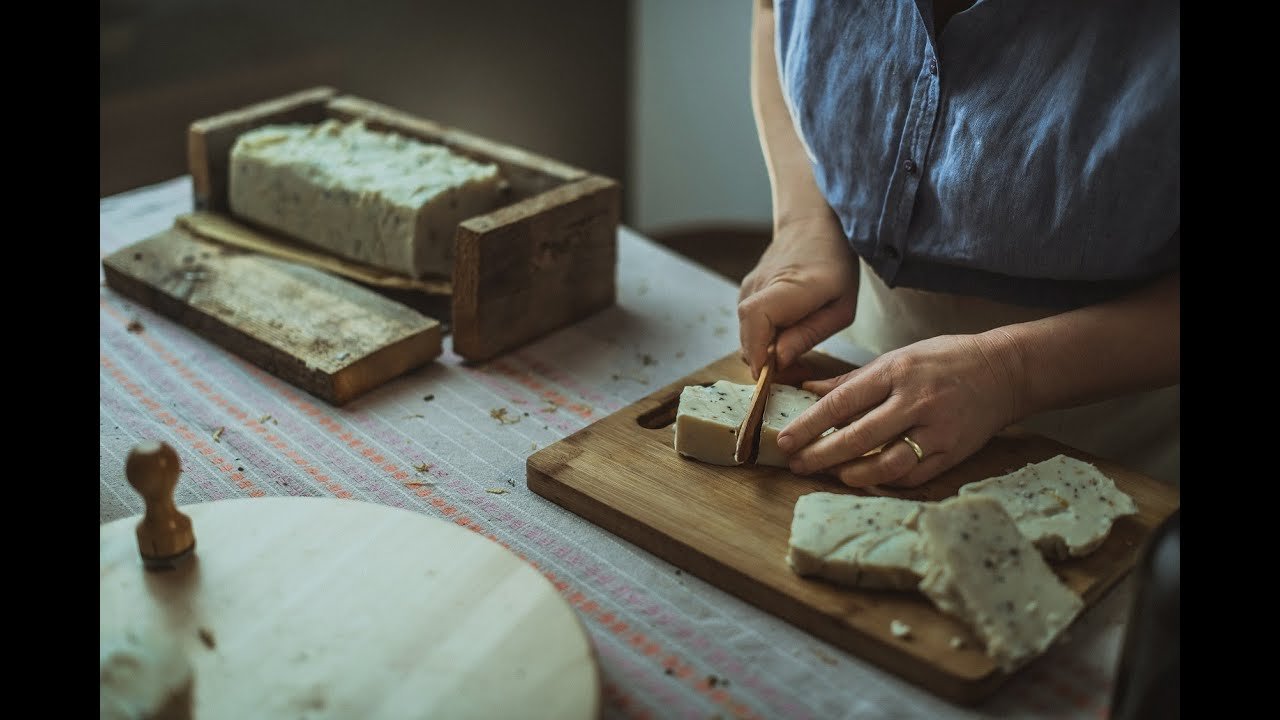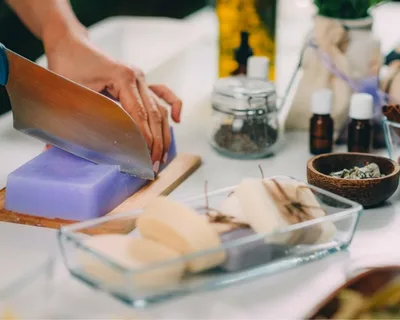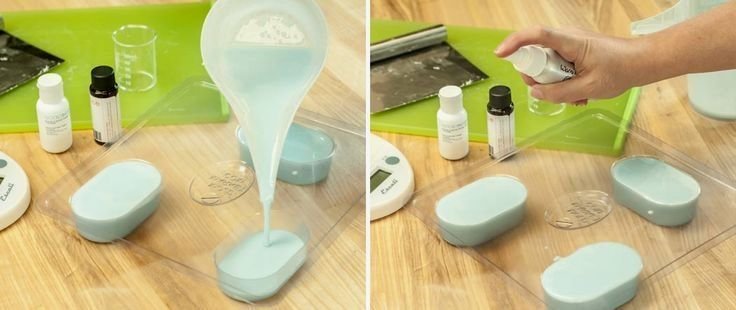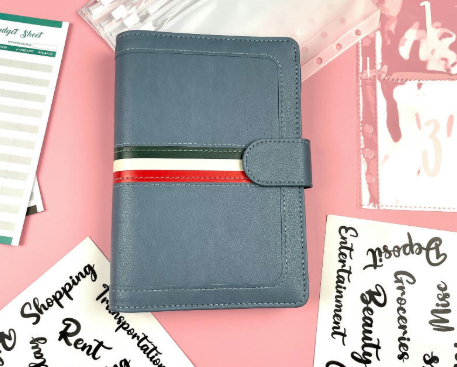
A skilled soaper preparing cold process soap in a natural soap making studio
A soaper is a person who makes soap through a hands-on process using oils, lye, liquids, and other ingredients. This role has grown from a historical necessity into a modern craft and profession. Soapers can be hobbyists or full-time professionals running soap-based businesses from home or workshops.
Soap made by a soaper is typically more natural, chemical-free, and customizable than store-bought varieties. Many consumers now prefer products from soapers because of ingredient transparency, skin-safe options, and artisanal value.
What a Soaper Does
A soaper formulates and produces soap through controlled chemical reactions. The most common method is called saponification, where lye reacts with fats or oils to form soap. The soaper decides on the ratios of oils, types of scents, colors, and additives. They also cure the soap to ensure safety and effectiveness.
A soaper’s work includes measuring ingredients accurately, blending mixtures, pouring into molds, cutting soap bars, and ensuring proper curing time. Clean workspace practices and safe handling of lye are critical parts of the job.

Skills a Soaper Needs
Soapers need knowledge of chemistry, particularly oil properties and pH levels. Creativity is also important for customizing soap designs and scents. Other important skills include time management, attention to detail, marketing for selling products, and understanding safety procedures. Experienced soapers often experiment with herbs, essential oils, and natural colorants.
Tools Used by a Soaper
A soaper typically uses a stick blender to mix oils and lye, silicone or wooden molds to shape the soap, heat-resistant bowls, a digital scale for precise measurements, and safety equipment such as gloves and goggles. These tools help the soaper maintain accuracy and reduce exposure to chemicals during the soap making process.
Common Ingredients Soapers Work With
A soaper selects ingredients based on the type of soap being made. Basic soap ingredients include oils such as olive, coconut, and palm oil. The soaper also uses sodium hydroxide, which is required for the saponification process. Liquids can include distilled water, milk, aloe vera, or tea. Additives like shea butter, oatmeal, clay, and activated charcoal are also common. Natural fragrances from essential oils provide unique scents.
Types of Soap Making by Soapers
Soapers use different techniques to make soap depending on skill level and product goals. The cold process is the most widely used and involves mixing lye and oils at room temperature. The hot process involves cooking the mixture to speed up curing. Melt and pour uses a premade base, ideal for beginners. Liquid soap requires potassium hydroxide and is more advanced.
Each method allows a soaper to create soap that meets specific skin needs or design preferences. Cold process offers long-lasting bars with natural benefits. Melt and pour works best for fast results and custom shapes. Hot process appeals to those who want usable soap quickly.
Soaper as a Business
Many soapers turn their craft into a business. With the popularity of handmade goods and natural skincare, soapers often sell through websites, online marketplaces, social media, and local events. They brand their soaps with unique names, packaging, and ingredient lists. A successful soaper understands product pricing, labeling laws, and customer needs.
Some soapers specialize in vegan soaps, fragrance-free products, or baby-safe options. Others focus on luxury soap lines with floral or herbal infusions. A clear brand identity helps a soaper stand out in a competitive market.
Legal and Safety Requirements for Soapers
Before selling, a soaper must understand local and national regulations. In many countries, soaps are considered cosmetics and require correct labeling of ingredients. Safety data sheets may be needed for certain additives. Clean workspaces, batch testing, and good manufacturing practices are important for product safety and customer trust.
Some soapers obtain product liability insurance or register with health authorities, especially if selling at a commercial scale. Transparent ingredient sourcing and clear packaging improve consumer confidence.

Advantages of Handmade Soap from Soapers
Handmade soap retains natural glycerin, which moisturizes the skin. Soapers can control the ingredients, avoiding harmful chemicals and allergens. Many users with sensitive skin prefer soaps made by soapers due to mildness and natural composition.
Soaper-made soaps often include skin-nourishing oils, botanical extracts, and no synthetic preservatives. Consumers appreciate the handmade aesthetic, including swirls, colors, and textures crafted by soapers.
Challenges in the Soaper Profession
Soapers face challenges such as maintaining consistent quality, managing inventory and curing times, and meeting consumer expectations. Finding cost-effective suppliers and navigating pricing while staying profitable can be difficult. The learning curve for mastering different soap types also requires practice.
Despite these challenges, many soapers find fulfillment in the creativity and customer satisfaction involved in their work.
Conclusion
The term soaper represents a skilled individual who combines science and creativity to produce soap products. Whether operating as a hobbyist or running a business, a soaper plays an important role in today’s shift toward natural, handmade skincare. Their work appeals to consumers seeking quality, transparency, and a personalized touch.
To explore more topics about creative skills and business-building niches, visit Magazines Break.

FAQs
What does a soaper do
A soaper makes soap by combining oils and lye, often customizing the ingredients and designs for personal or commercial use.
Can I become a soaper at home
Yes. Many soapers start from home with basic tools and knowledge. They scale as they gain experience and customer base.
Is soap making safe for beginners
It is safe when proper safety gear and instructions are followed. Lye is caustic and should be handled with care.
What method do most professional soapers use
The cold process method is widely used because it offers customization and retains natural ingredients.
How do soapers choose ingredients
Soapers choose ingredients based on skin type, desired soap properties, fragrance, and customer preferences.
Do soapers need a license to sell soap
In many places, soapers need to follow cosmetic regulations and label products correctly before selling.
How long does it take to become a skilled soaper
With consistent practice and learning, many soapers gain confidence within months, especially if they follow structured methods.
What makes handmade soap better than store soap
Handmade soap usually contains natural oils and retains glycerin, making it gentler on the skin.
Can I make a business as a soaper
Yes. Many soapers create profitable businesses by selling soaps online, in stores, or at craft markets.
Do soapers use synthetic chemicals
Most soapers avoid synthetic chemicals and use natural oils, clays, herbs, and essential oils to keep products skin-safe.




